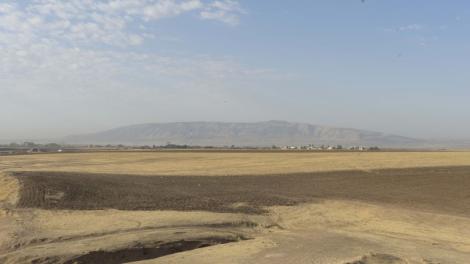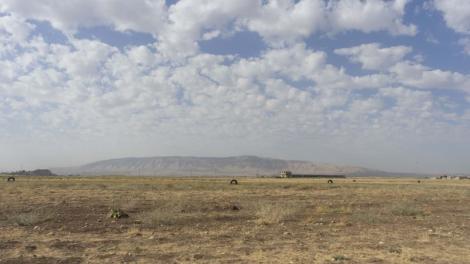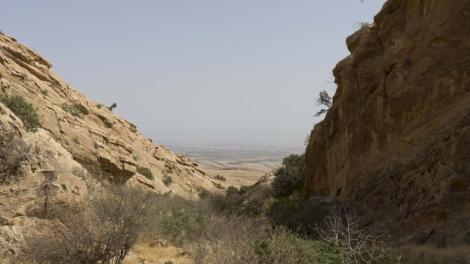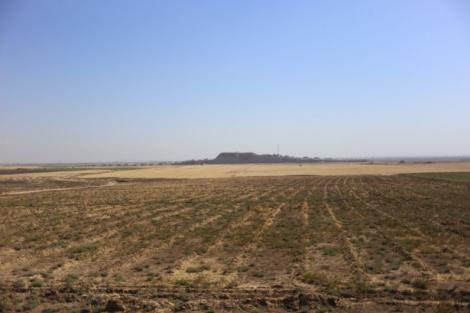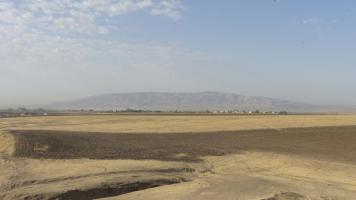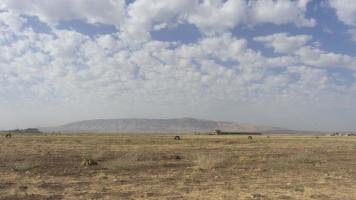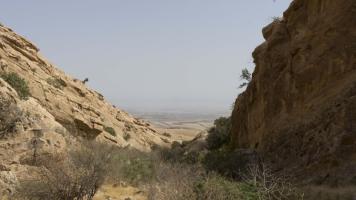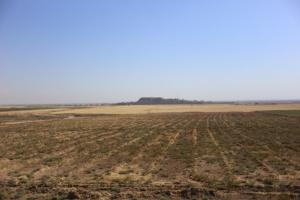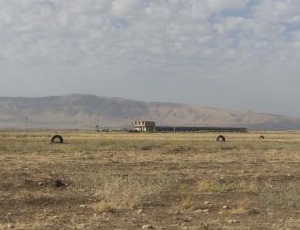
A team of JU Faculty of History researchers led by Dr Michał Marciak have completed the first season of their search for the precise location of the great battle of Gaugamela in what we know today as the Iraqi Kurdistan. The battle is widely recognised as one of the most important military events in ancient history. The Polish historians have tentatively established where the event might have happened. Their study project will continue in the coming years.
The Battle of Gaugamela was waged in 331 BCE between Alexander the Great’s army of the Hellenic League and the Persian army of Darius III. As many as several hundred thousand warriors could potentially have taken part in it. Alexander’s decisive victory led to the fall of the 200-year-old Persian Empire and triggered a new wave of Greek colonisation, resulting in the Hellenistic period in history. It was a time of an unprecedented spread of Greek culture in the area of ancient Levant (Eastern Mediterranean). This, in turn, left its mark on the cultural heritage of both the Mediterranean and the Middle East; a mark that is clearly visible even today.
Despite the significance of the Battle of Gaugamela, its precise location remains unknown. This is because ancient chroniclers did not provide any geographical or topographical details on this matter. Modern historians have found two spots that fit the description of the battle: one in the Tell Gomel region and one near Mosul.
The aim of the JU research team is to pinpoint the location of the Battle of Gaugamela by adopting a multidisciplinary approach, with particular emphasis on the methodology of ancient history and environmental archaeology. They will study ancient texts and contemporary source literature, compare archival and modern cartographical data, employ remote sensing and geographical information system, and conduct field work using selected geophysical measurements. This versatile approach may yield results in other study areas connected to identifying the location of the Battle of Gaugamela.
Just one season into the investigation of Tell Gomel, JU historians were able to tentatively point to the most probable location of Alexander’s victory over Darius III, even though they have surveyed only about 30% of the designated area. The location was not previously mentioned in any publication.
‘The great plain we’ve identified as the potential location of the Battle of Gaugamela meets several requirements. Firstly, according to linguists, the name ‘Tell Gomel’ is related to Gaugamela. Secondly, it fits the topographical descriptions: it’s flat, which made it suitable for Persian cavalry, and wide, which made it possible for a great number of warriors to fight there. The hills to the south would provide an excellent observation point for Macedonian commanders. Additionally, a place in one of the nearby mountain passes, known as Gali Zerdak, contains a series of bas-reliefs, one of which could have been sculpted to celebrate Alexander’s victory. It depicts the goddess Victoria presenting a laurel wreath to a rider’, Dr Marciak explained.
‘In contrast to previous research projects, we were able to map out the probable route of Alexander’s army from a ford on Tigris to Tell Gomel. It was possible thanks to an analysis of satellite photographs and its verification in the field. It would be a tremendous success if we managed to discover physical evidence of the battle, such as the remains of a Persian marching camp’, he added.
Dr Marciak’s research project is funded by the National Science Centre. It is conducted in collaboration with the University of Udine. In the future, its range may be extended to south of Mosul, though it depends on the permission of the Iraqi government.


